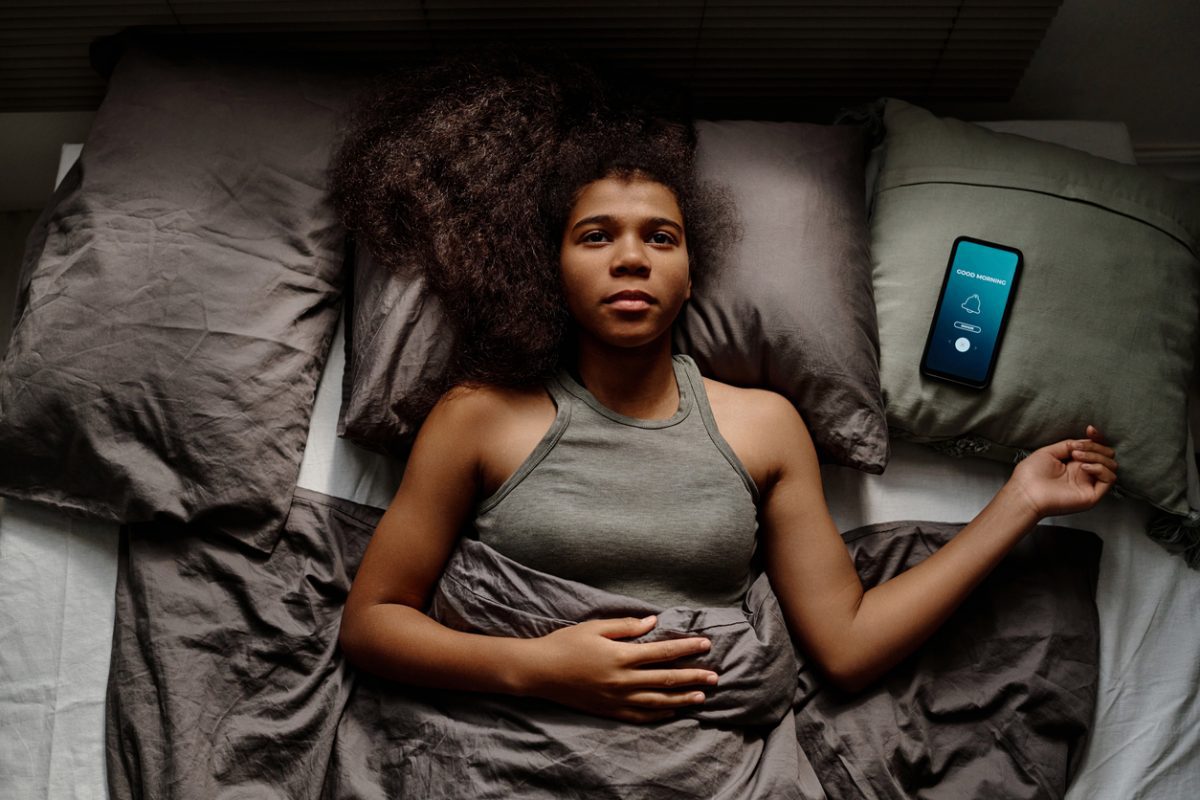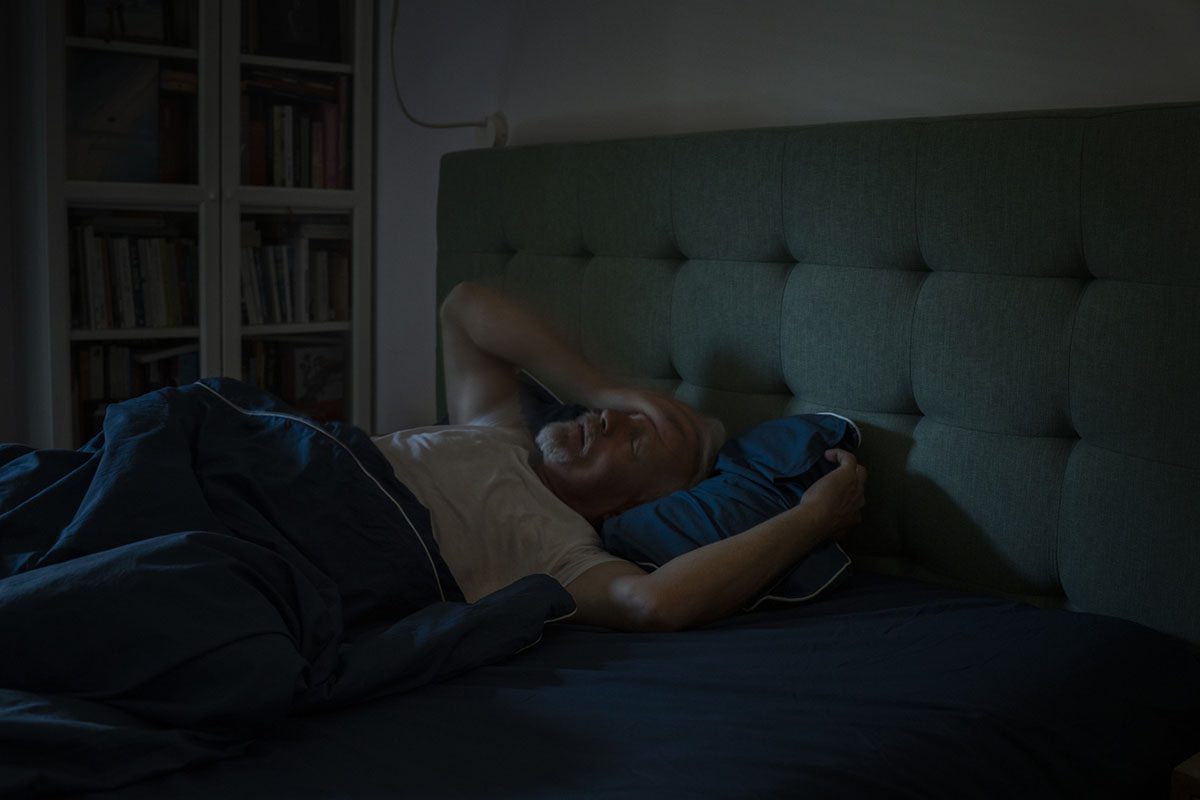Objective: To examine the predictive role of insomnia and sleep duration on the 2-year course of depressive and anxiety disorders.
Method: This study is a secondary data analysis based on data from the baseline (2004-2007) and 2-year assessment of the Netherlands Study of Depression and Anxiety. Participants were 1,069 individuals with DSM-IV-based depressive and/or anxiety disorders at baseline. Sleep measures included insomnia (Women’s Health Initiative Insomnia Rating Scale score ≥ 9) and sleep duration (categorized as short [≤ 6 hours], normal [7-9 hours], or long [≥ 10 hours]). Outcome measures were persistence of DSM-IV depressive and anxiety disorders (current diagnosis at 2-year follow-up), time to remission, and clinical course trajectory of symptoms (early sustained remission, late remission/recurrence, and chronic course). Logistic regression analyses were adjusted for sociodemographic characteristics and chronic medical disorders, psychotropic medications, and severity of depressive and anxiety symptoms.
Results: The effect of insomnia on persistence of depressive and/or anxiety disorders (OR = 1.50; 95% CI, 1.16-1.94) was explained by severity of baseline depressive/anxiety symptoms (adjusted OR with severity = 1.04; 95% CI, 0.79-1.37). Long sleep duration was independently associated with persistence of depression/anxiety even after adjusting for severity of psychiatric symptoms (OR = 2.52; 95% CI, 1.27-4.99). For short sleep duration, the independent association with persistence of combined depression/anxiety showed a trend toward significance (OR = 1.32; 95% CI, 0.98-1.78), and a significant association for the persistence of depressive disorders (OR = 1.49; 95% CI, 1.11-2.00). Both short and long sleep duration were independently associated with a chronic course trajectory (short sleep: OR = 1.50; 95% CI, 1.04-2.16; long sleep: OR = 2.91, 95% CI, 1.22-6.93).
Discussion: Both short and long sleep duration—but not insomnia—are important predictors of a chronic course, independent of symptom severity. It is to be determined whether treating these sleep conditions results in more favorable outcomes of depression and anxiety.
J Clin Psychiatry
© Copyright 2013 Physicians Postgraduate Press, Inc.
Submitted: July 25, 2012; accepted June 18, 2013.
Online ahead of print: November 26, 2013 (doi:10.4088/JCP.12m08047).
Corresponding author: Josine G. van Mill, MD, Department of Psychiatry, A. J. Ernststraat 1187, 1081 HL, Amsterdam, The Netherlands ([email protected]).
Members Only Content
This full article is available exclusively to Professional tier members. Subscribe now to unlock the HTML version and gain unlimited access to our entire library plus all PDFs. If you're already a subscriber, please log in below to continue reading.
Please sign in or purchase this PDF for $40.00.
Already a member? Login





